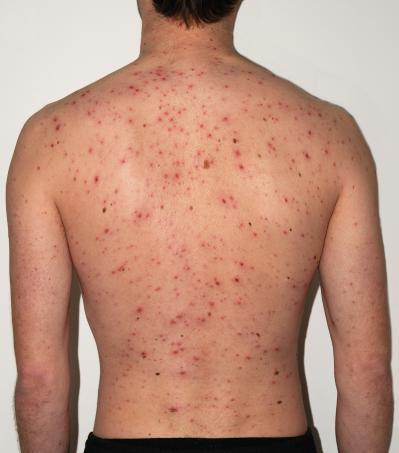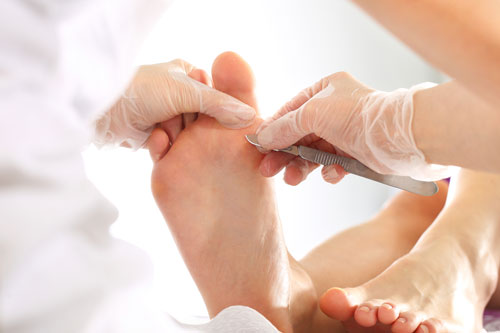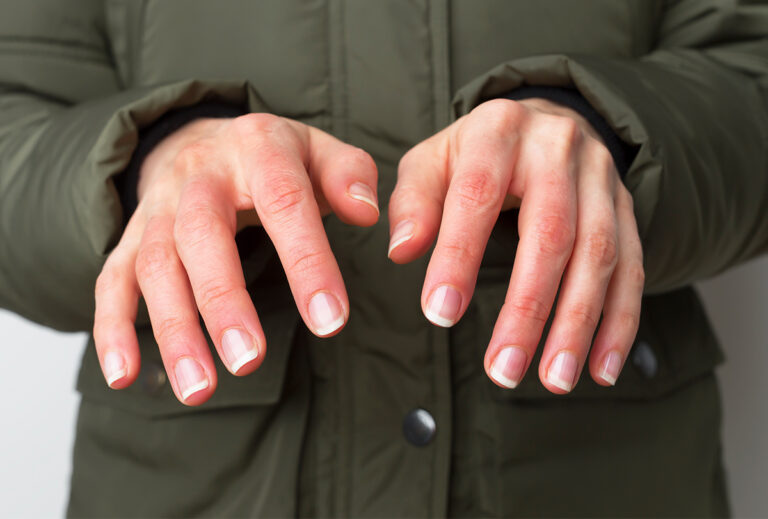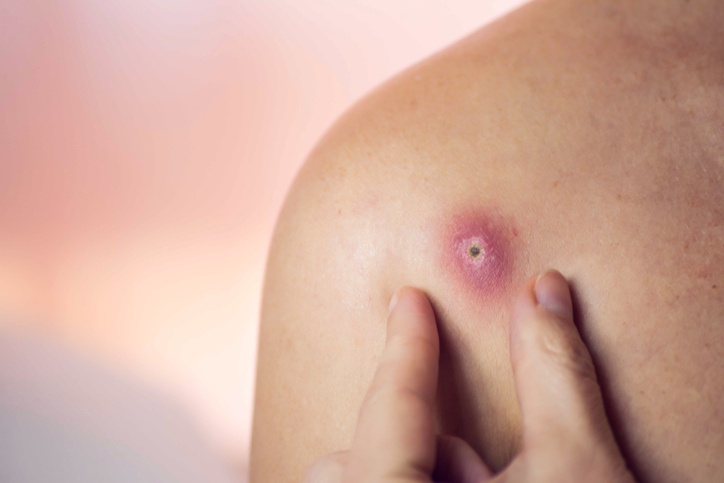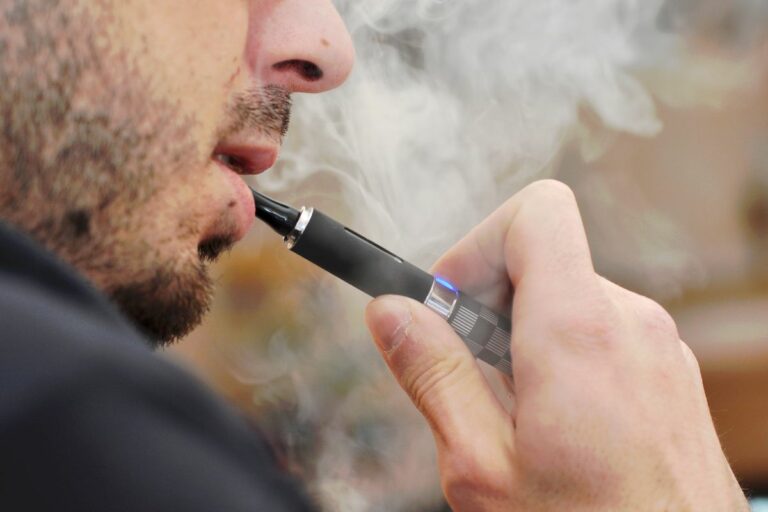Henoch-Schönlein Purpura: All you should know
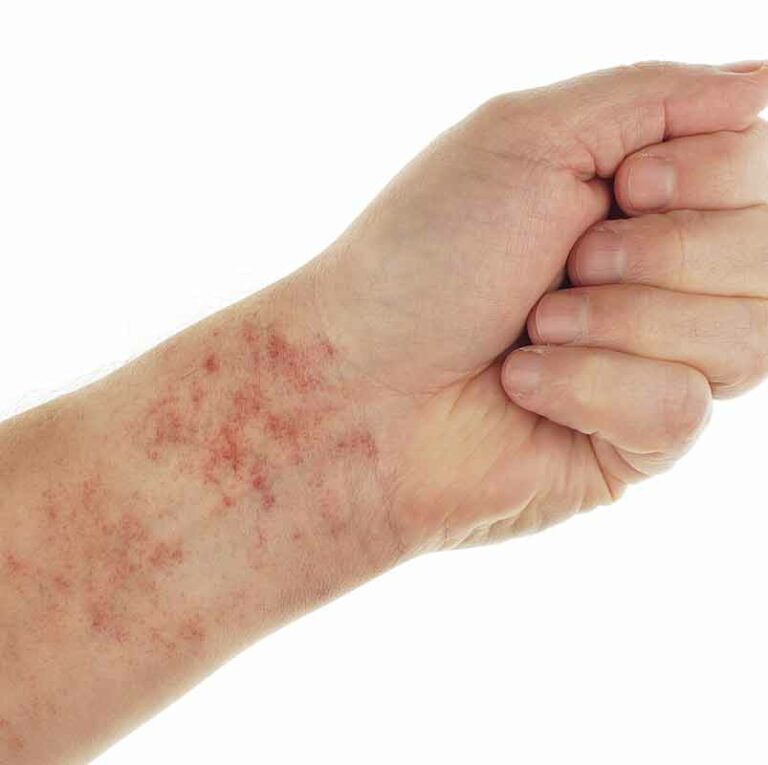
Henoch-Schönlein purpura (HSP) is an uncommon, self-limiting inflammatory illness of the small blood vessels (capillaries). It is the most frequent type of vascular inflammation (vasculitis) in children. And it causes inflammation in the small blood vessels. Headache, fever, loss of appetite, cramping, abdominal pain, painful menstruation, rashes, bloody diarrhea. And joint pain are some of the symptoms of HSP. On the skin, red or purple patches are common (petechiae). HSP-related inflammatory alterations can occur in the joints, kidneys, digestive system, and, in rare circumstances. The brain and spinal cord (central nervous system)..
Cryoglobulinemia: What you should know about it?
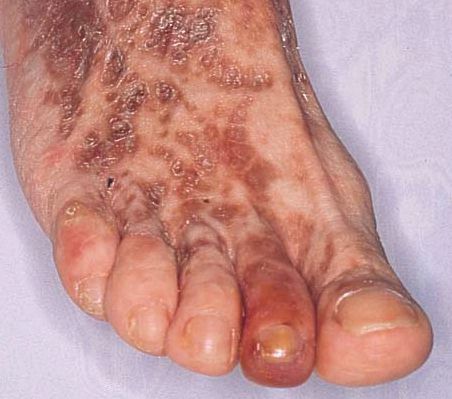
Cryoglobulinemia is a kind of vasculitis, a group of rare diseases marked by inflammation of blood vessels. Which can restrict blood flow and harm essential organs and tissues. Cryoglobulinemia is a condition in which aberrant blood proteins called cryoglobulins. Cluster together when exposed to cold temperatures, restricting blood flow and causing damage to the skin. Also in muscles, nerves, and organs, particularly the kidneys. It can impact the heart, brain, and gastrointestinal tract in rare cases. People with the hepatitis C virus almost usually develop cryoglobulinemia (HCV)..
Churg-Strauss Syndrome: What to Know About It?
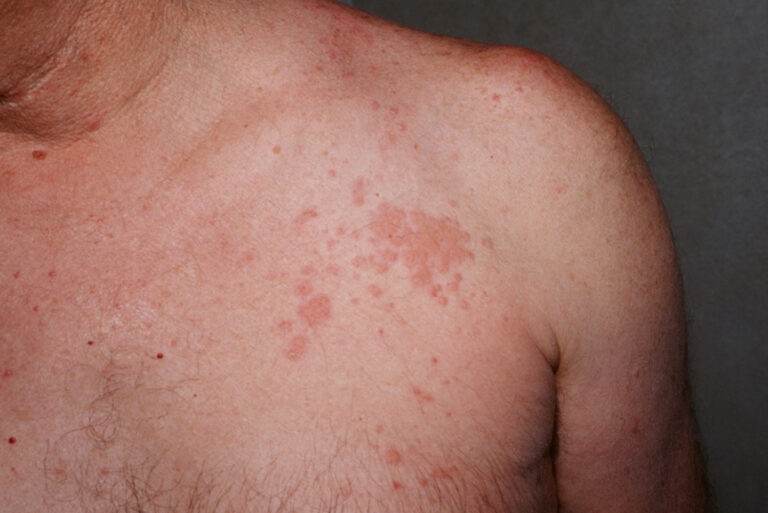
Churg-Strauss syndrome is a blood vessel inflammatory illness. This inflammation can reduce blood supply to organs and tissues, causing them to be irreversibly damaged. Eosinophilic granulomatosis with polyangiitis is another name for this disorder (EGPA). The most prevalent symptom of Churg-Strauss syndrome is adult-onset asthma. There are a variety of probable side effects from the sickness, including stuffy nose, sinus problems, skin eruptions, gastrointestinal bleeding, as well as soreness and numbness in your hands and feet..
Buerger’s Disease: How to Deal With It
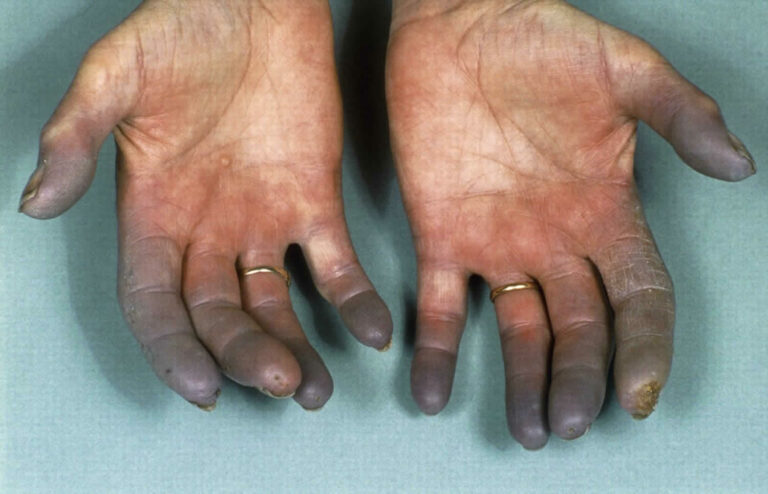
Buerger’s disease is a rare disease of the arms and legs. Buerger’s disease, also called Thromboangiitis obliterans, causes inflammation, swelling, and blood clots in the blood vessels (thrombi). This causes skin tissue damage, infection, and gangrene. Buerger’s disease usually starts in the hands and feet, but can spread to the arms and legs..
Behcet’s Disease: Points to Know About
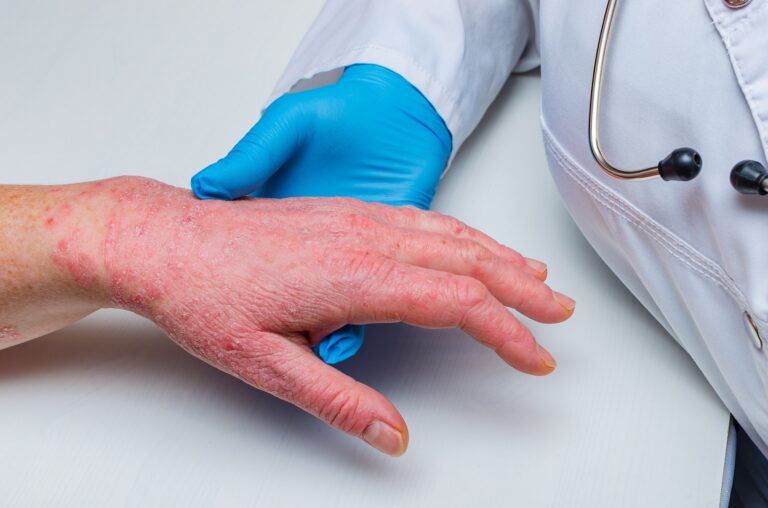
Behcet's disease is a rare autoimmune disease. It damages blood vessels, causing mouth sores, rashes, and other symptoms. The disease’s severity varies between individuals. Behçet disease is an uncommon vasculitic illness with recurring oral aphthous ulcers, genital ulcers, and uveitis. Among vasculitides, Behçet disease can affect small, medium, and large vessels..
Vasculitis: More About This Blood Vessel Disease
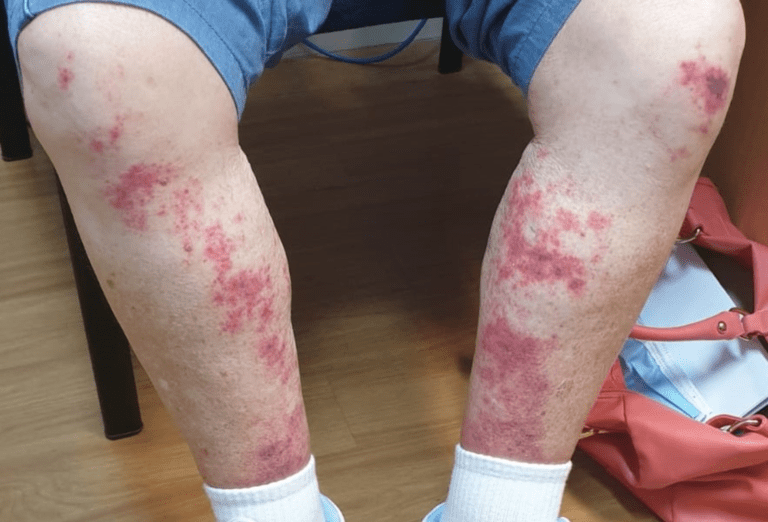
Vasculitis refers to a group of diseases that induce inflammation in the blood vessels. It’s also known as arteritis or angiitis. It might weaken, stretch, widen, or constrict your blood vessels. They might completely shut down. Organ and tissue damage can occur when blood flow is restricted. Vasculitis can strike people of any age group. Some types affect blood vessels that supply or transport blood to specific organs, such as the skin, eyes, or brain..
Measles: Causes, Symptoms and Treatment
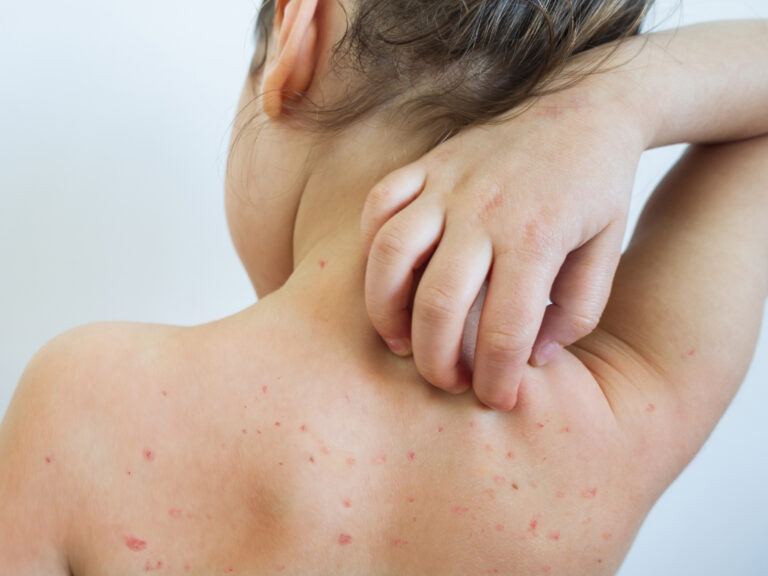
The rubeola virus causes measles. It spreads through intimate contact with an infected person or airborne droplets. This type of virus can live up to two hours on surfaces or in the air, infecting 90% of individuals infected. This type of disease is a highly contagious disease that can be fatal. According to the Centers for Disease Control and Prevention (CDC), 1-3 out of 1,000 cases of measles are deadly. Unvaccination is the main risk factor for measles. Young children, people with weakened immune systems, and pregnant women are more susceptible to complications from measles infection..
Pemphigus: Everything About This Skin Disorder
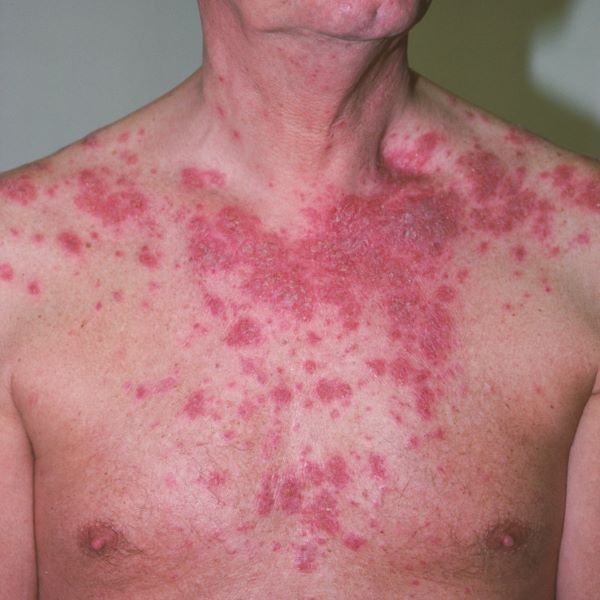
Pemphigus is an autoimmune illness that affects a small number of people. Blisters appear on the skin and mucous membranes all over the body. The mouth, nose, throat, eyes, and genitals are all affected. The most frequent type of this disorder is Pemphigus vulgaris. Blisters are soft and quickly break open, resulting in painful sores. They can spread over significant parts of the body without treatment, posing a high risk of infection..
Mosquito Bites: Should We Worry About It?
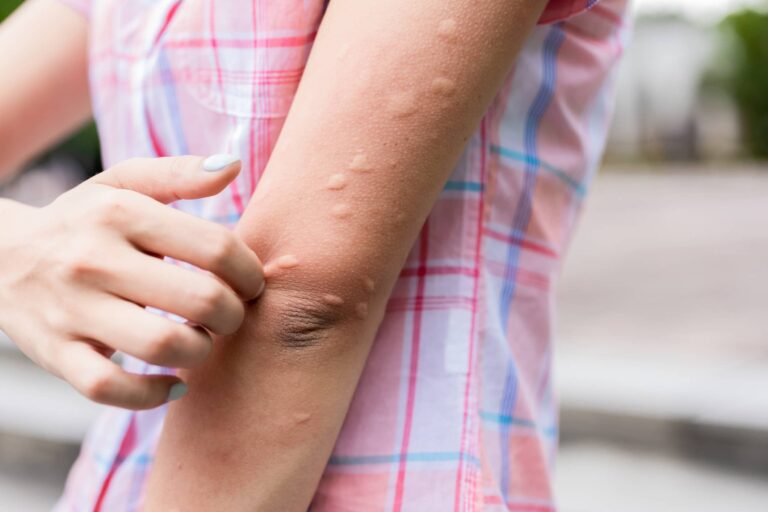
Mosquito bites are painful. A female mosquito eating on human blood causes itchy, raised pimples on the skin. Mosquitoes are vectors, little flying insects (living things that carry diseases between animals and humans). Infections can often spread via blood. Mosquitoes are worldwide insects. There are thousands of mosquito species worldwide, with roughly 200 in the US..
Kaposi Sarcoma: All You Need to Know
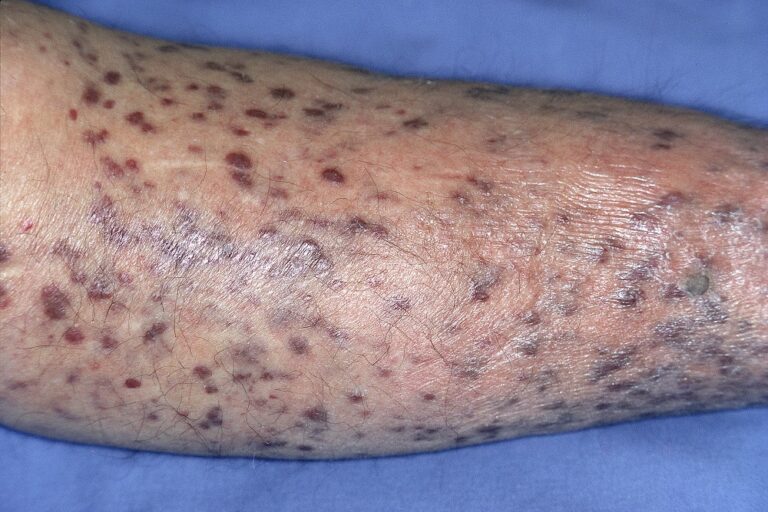
Kaposi sarcoma is a cancer of the blood and lymph arteries. Cancer begins when cells in the body proliferate uncontrollably. Any cell in the body can turn cancerous and spread. K-Sarcoma tumors are usually painless purplish patches on the legs, foot, or face. Lesions in the vaginal area, mouth, or lymph nodes. Lesions in the digestive tract and lungs can occur in Kaposi’s sarcoma..
Alopecia Areata: What you should know

This condition causes hair loss on the scalp, face, and sometimes other parts of the body. It mainly affects the head and face, but it can happen anywhere. Hair usually falls out in quarter-sized areas. Sometimes hair loss is more severe. It affects 6.8 million Americans and has a 2.1 percent lifetime risk. Alopecia areata affects people of various ages, genders, and ethnicities. It usually starts in childhood and is unique to each person who has it..
Autism: Assessment and Diagnosis of Disorder

Autism spectrum disorder (ASD) is a developmental impairment that can present severe social, communication, and behavioral difficulties. While there is frequently nothing about how persons with ASD look that distinguishes them from other people, they may speak, interact, conduct, and learn differently from most other people. Individuals with ASD have a range of cognitive, reasoning, and problem-solving abilities, ranging from gifted to severely impaired. Some persons with ASD require a great deal of assistance in their daily life, while others require less..
Adrenal Gland: Understanding Mechanisms

The adrenal gland in your body are responsible for releasing specific hormones directly into the bloodstream. Numerous hormones are involved in the body’s response to stress, and several require survival. The adrenal glands, specifically the adrenal cortex and medulla, have different and distinct activities..
Germs and Hygiene: Lessen the Spread Infections

Germs and hygiene is one of the most effective ways to avoid gastro-intestinal or infectious diseases such as COVID-19, colds, and flu. Handwashing with soap kills bacteria that can make you sick. Maintaining proper personal cleanliness will also assist you in avoiding the spread of disease to others..
Cellulitis Tips for Care and Prevention
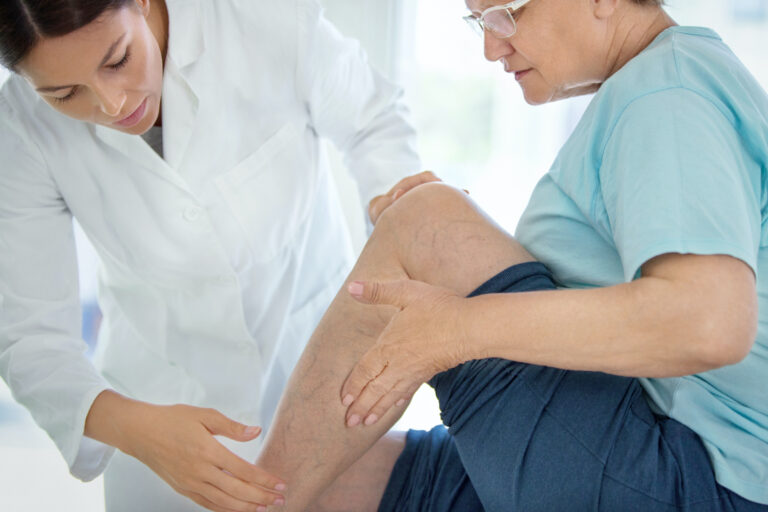
Cellulitis is a type of bacterial skin illness that is quite prevalent. Indeed, cellulitis is responsible for about 14 million cases in America each year. The illness can manifest itself anywhere on the body and, if left untreated, can result in significant problems..
Lose Weight Little Changes to Help Yourself

Are you on a diet or lose weight regimen? Or are you at the very least contemplating it? A variety of factors contribute to the popularity of running as a form of exercise. Running has numerous health benefits, including the ability to improve your mood, lessen your risk of cardiovascular disease, and improve your sleep, but it can also help you lose weight..
Moles: How To Know If They Are Safe
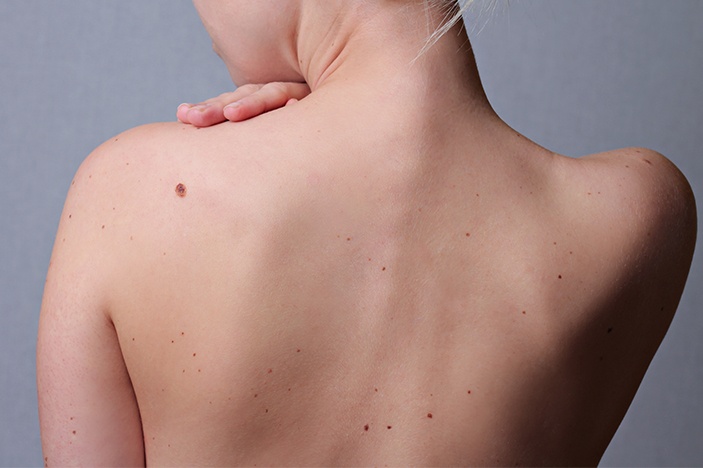
Moles are a sort of skin growth that is quite frequent. They frequently manifest as small, dark brown spots and are the result of clusters of pigmented cells. Moles typically occur during adolescence and childhood. The average person has between 10 and 40 moles, which may change in appearance or disappear over time..

